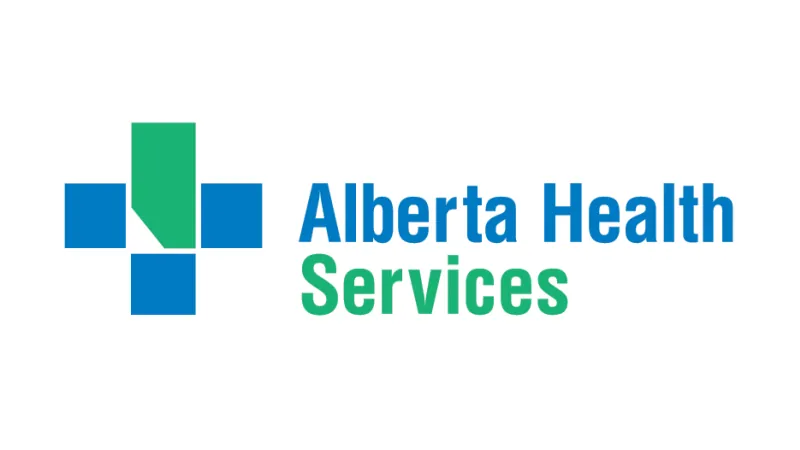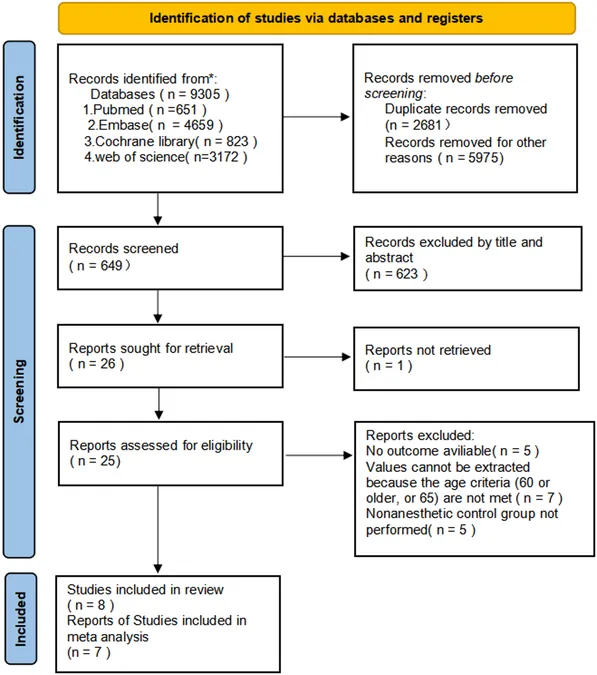
Urgent Recall of Eggs in Canada Amid Salmonella Outbreak – What You Must Know Now!
2025-01-19
Author: Charlotte
In a startling development, several brands of eggs have been recalled across numerous provinces in Canada due to potential salmonella contamination. The Canadian Food Inspection Agency (CFIA) issued this warning after discovering that certain eggs could pose health risks. The impacted provinces include Ontario, Manitoba, British Columbia, and possibly more, raising alarms among consumers nationwide.
The recall specifically mentions eggs marketed under the brands Compliments, Foremost, Golden Valley Eggs, IGA, no name, and Western Family. These products were available in various sizes, including 12-pack, 18-pack, and 30-pack cartons, and the associated expiration dates are February 16, February 22, and March 1. Individuals are urged not to consume, sell, or distribute any of these recalled products to ensure public safety.
Interestingly, this isn't the only recall making headlines. On the same day, the CFIA announced another recall concerning Sweet Cream-branded mini patisseries, which may also be tainted with salmonella. These products were distributed in several provinces, including Alberta, British Columbia, Ontario, Quebec, and Nova Scotia.
Salmonella, a bacteria that often lurks in food, may not always lead to obvious signs such as an awful smell or spoiled appearance, making it particularly dangerous. In fact, the CFIA notes that consuming contaminated food can result in severe infections that potentially lead to hospitalization or even death. Ontario alone recorded over 2,300 salmonella cases in 2023, highlighting the seriousness of the threat including nearly 350 hospitalizations and eight fatalities.
So, what exactly is salmonella, and why should we be concerned?
Salmonella infections, clinically known as salmonellosis, primarily affect the intestinal tract and can be acquired through the consumption of contaminated food or water. While some individuals may experience mild symptoms or none at all, most people exhibit serious issues like diarrhea, high fever, and cramping.
Certain foods are notorious for being linked to salmonella outbreaks, including:
- Poultry: Raw or undercooked chicken and turkey, even prepackaged frozen products.
- Eggs: Despite low rates of contamination, many consume eggs raw or undercooked.
- Produce: Raw fruits and vegetables, especially leafy greens and tomatoes.
- Sprouts: Thriving in warm, moist environments and can harbor the bacteria.
- Peanut Butter: Prone to contamination due to the way peanuts are grown.
- Seafood: Particularly susceptible, especially when from warmer climates.
Symptoms of a salmonella infection can surface 6 to 72 hours post-exposure, including chills, nausea, vomiting, and abdominal cramps. Vulnerable populations, such as children, the elderly, and those with weakened immune systems, are at a higher risk of serious illness and complications.
What can you do if you suspect a salmonella infection?
Most individuals recover naturally without medication, but hydration is key. Monitor symptoms carefully, and reach out to healthcare professionals if you experience persistent or severe complications.
To stave off salmonella infections, critical steps include:
- Washing Hands: Maintain good hygiene before handling food.
- Separating Foods: Avoid cross-contamination by keeping raw products away from ready-to-eat items.
- Cooking Thoroughly: Ensure foods reach safe internal temperatures to eliminate harmful bacteria.
- Refrigeration: Keep foods out of the "danger zone" between 40°F and 140°F, which can facilitate bacterial growth.
With the potential for salmonella lurking in everyday food items, being vigilant and informed can protect you and your loved ones. Stay safe and check your pantry - those eggs could be part of a critical warning!









 Brasil (PT)
Brasil (PT)
 Canada (EN)
Canada (EN)
 Chile (ES)
Chile (ES)
 Česko (CS)
Česko (CS)
 대한민국 (KO)
대한민국 (KO)
 España (ES)
España (ES)
 France (FR)
France (FR)
 Hong Kong (EN)
Hong Kong (EN)
 Italia (IT)
Italia (IT)
 日本 (JA)
日本 (JA)
 Magyarország (HU)
Magyarország (HU)
 Norge (NO)
Norge (NO)
 Polska (PL)
Polska (PL)
 Schweiz (DE)
Schweiz (DE)
 Singapore (EN)
Singapore (EN)
 Sverige (SV)
Sverige (SV)
 Suomi (FI)
Suomi (FI)
 Türkiye (TR)
Türkiye (TR)
 الإمارات العربية المتحدة (AR)
الإمارات العربية المتحدة (AR)